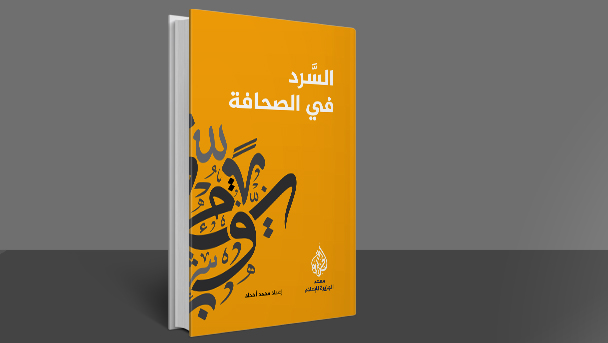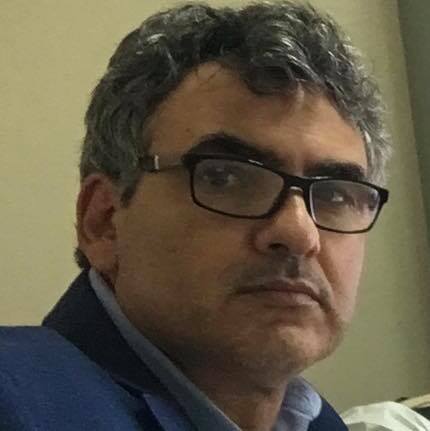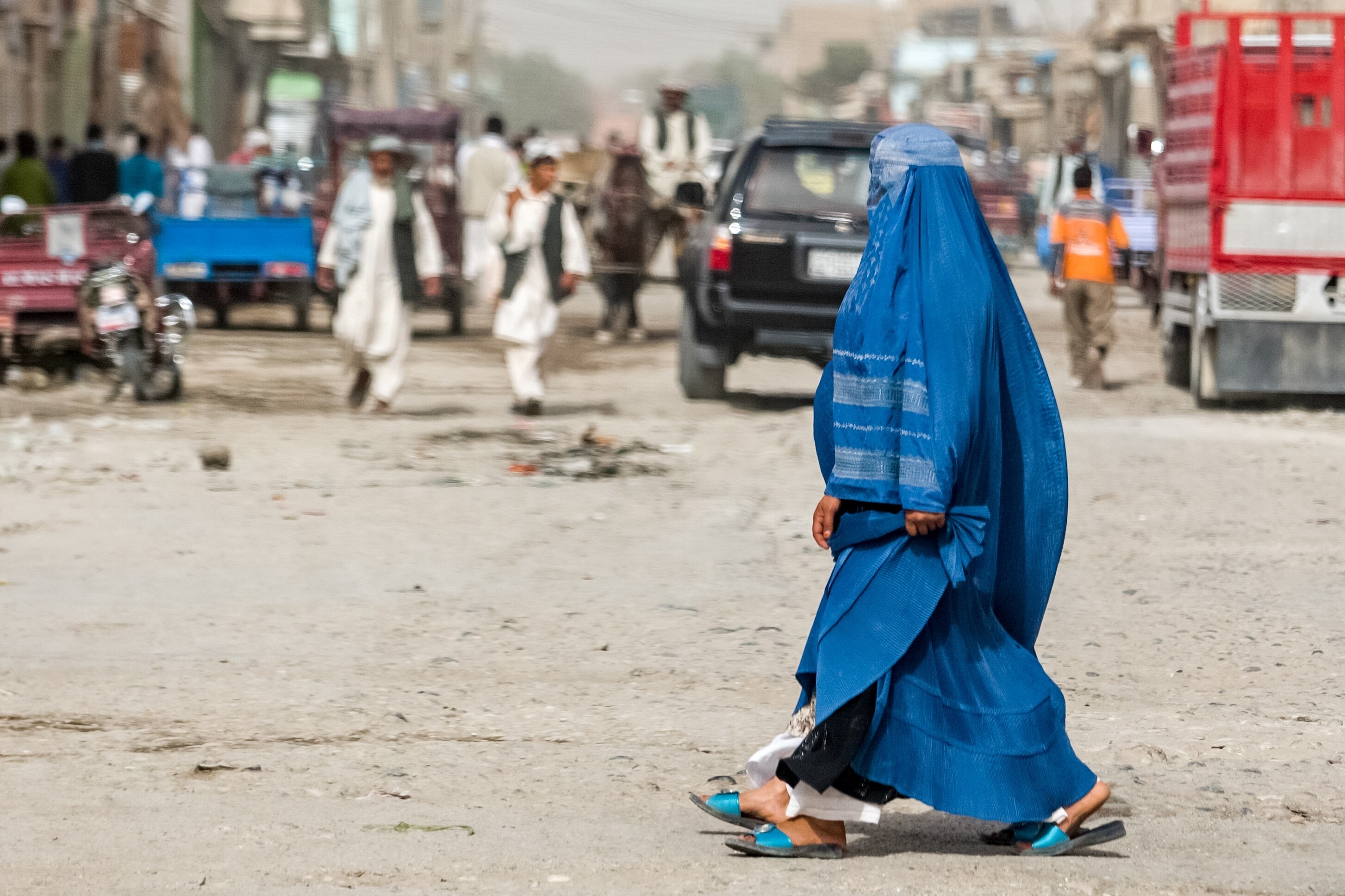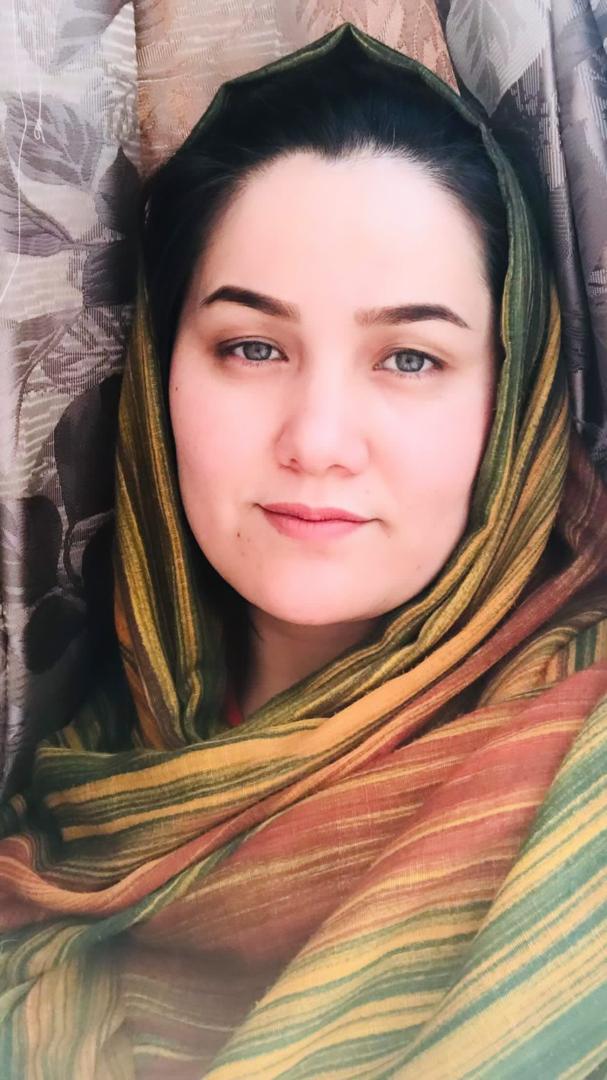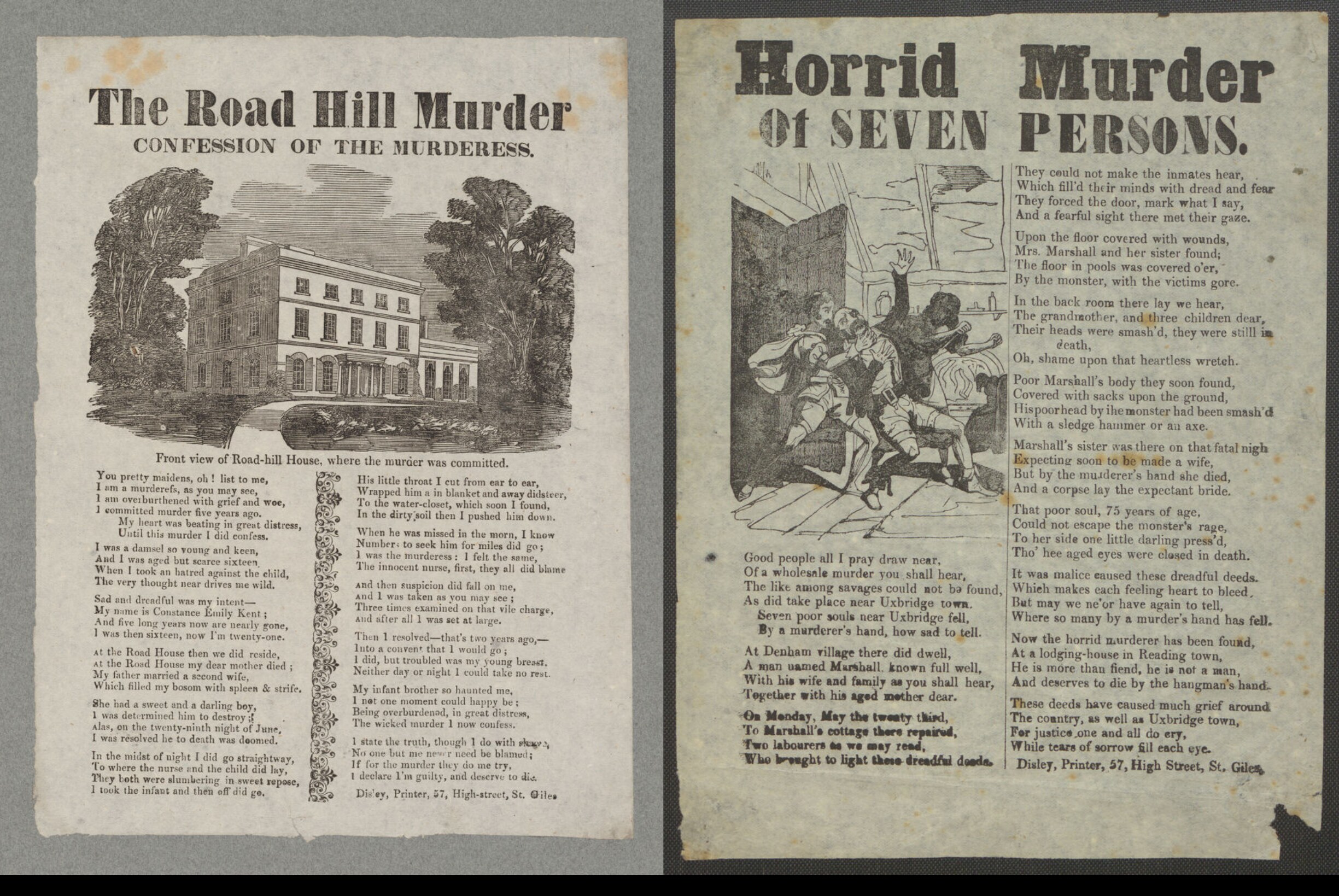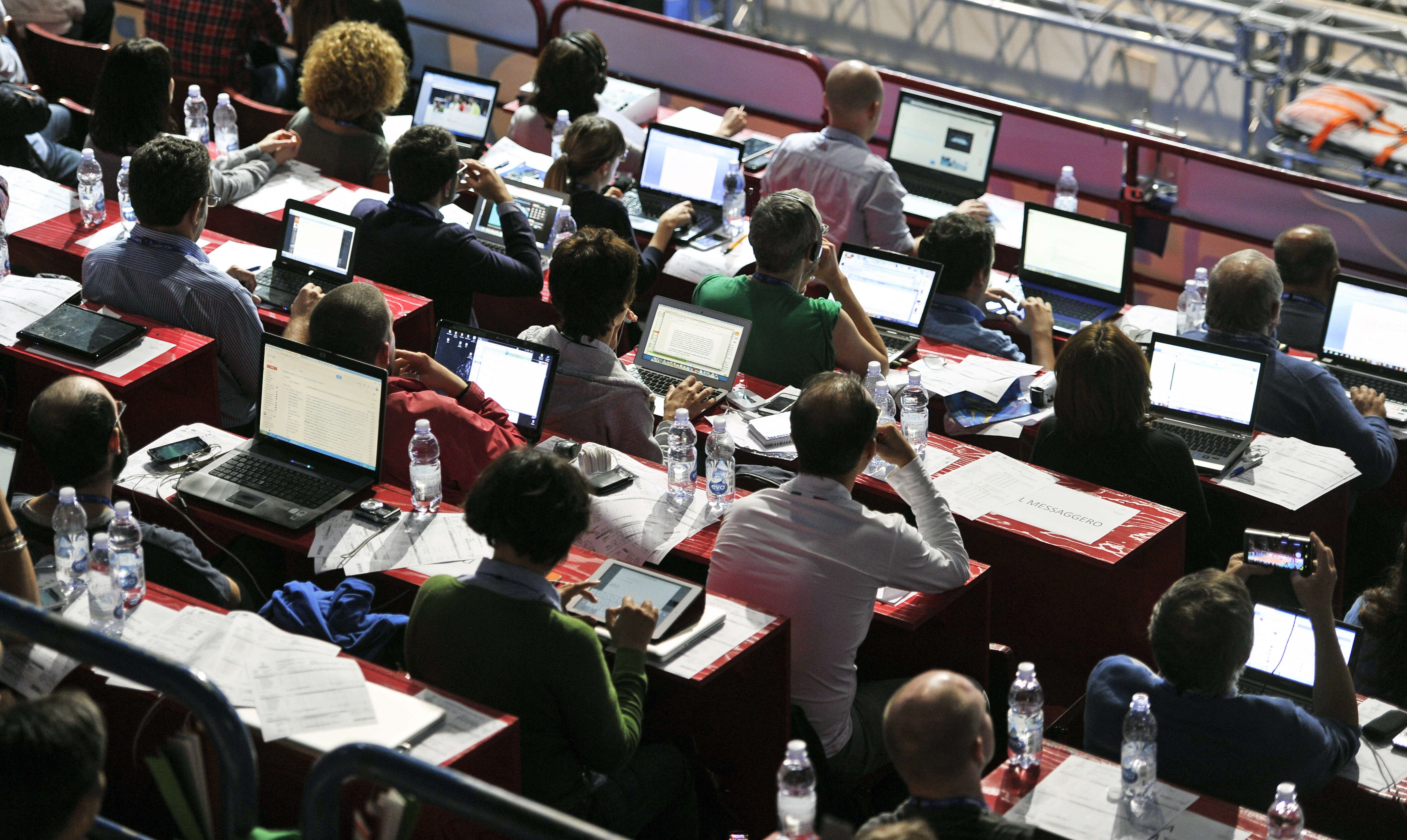الصحافة بصيغها المألوفة في أزمة. هناك من يذهب أبعد من الأزمة، فيجهر بأنها في الطريق إلى مثواها. إنها فقدت وظيفتها الإخبارية، الأساسية، والأشد إيلاما، أنها فقدت لذة السبق الذي كان يجعلها تحظى بتوزيع جيد، أو بنسب مشاهدة واستماع عالية. مواقع التواصل الاجتماعي والمواقع الإخبارية التي تتجدد على مدار الساعة، بل على مدار الدقيقة دقت مسامير كثيرة فيما يعتبره البعض، على سبيل المجاز، نعشا للصحافة. فهل فعلا استسلمت المؤسسات الصحفية، ومعها الصحفيون، لهذا المصير؟
إن إنقاذ الصحافة من الانهيار لا يحتاج فقط دلائل تقنية لتنمية المهارات، بل لا بد أن يدعم ذلك مجهودٌ مماثلٌ فيه عمق فكري يجعل المحتوى وازنا وقادرا على استثارة شهية القراءة لدى الناس الذين باتوا أكثر انسياقا مع اهتمامات لا تتطلب الكثير من الانتباه وغير متعبة فكريا.
الصحفيون اليوم لا يواجهون مشكلة فيما يتعلق بالمواضيع الصالحة للتناول الصحفي، فالسماء والأرض مليئة بالقضايا وبالمعلومات المرتبطة بها، ولكن للأسف هي المعلومات ذاتها التي تقتحم على كلّ الناس خلواتهم من خلال حواسيبهم وهواتفهم، وعندما تنشرها الصحف أو تذاعُ يقولون لقد سبق أن رأيناها!
إن التحدي الذي يواجه الصحفيين إذن ليس هو الجواب على سؤال ماذا سيكتبون، بل هو كيف سيفعلون ذلك. صحيح أن هناك حاجة لتدريبهم، في إطار التكوين الأساسي أو المستمر، على تملُّك التقنيات المستجدة التي تساعدهم على السرعة في الأداء وفي الوصول إلى القراء وأيضا إلى مواقع الأحداث الحية، لأن المنافسة أشرس الآن عما كانت عليه في الماضي. ولكن بالموازاة مع ذلك، لابد من ابتداع طرق في الكتابة تدفع القارئ إلى ما هو أعمق من مجرد معلومة سريعة يمكن استهلاكها في بضع كلمات على شبكة للتواصل الاجتماعي.
هذا العمق هو ما يحاول كتاب "السرد في الصحافة" إثارة انتباه الصحفيين إليه بالاشتغال على تيمة السرد كإحدى الآليات الممكن استثمارها بالاستعارة من حقول كتابية أخرى مجاورة خاصة الرواية. هذا الكتاب الذي أصدره معهد الجزيرة للإعلام، لم يقدم الموضوع من وجهة نظر الصحفيين الممارسين فقط، بل أخذ بعداً أوسع باستقاء آراء روائيين وباحث في التاريخ وكتاب تعاملوا بشكل أو بآخر مع مهنة الصحافة في وقت من الأوقات. لذلك جاء مختلفا عن الدلائل التقنية المهمة التي أصدرها المعهد سابقا سواء ما تعلق منها بالتحقيق الصحفي أو صحافة البيانات أو الصحافة العلمية على سبيل المثال.
يبحث جزء من الكتاب عن جذور العلاقة، سواء التاريخية أو الأسلوبية، بين الرواية والصحافة، وبالتالي يسوغون بشكل مطلق أن يكون اللجوء إلى السرد إحدى الوسائل التي يمكنها إنقاذ الصحافة. لنسمها التقليدية ونجمع فيها الصحافة المكتوبة والإذاعة والتلفزيون، من الأزمة التي وضعها فيها تطور تكنولوجيا الاتصال وظهور أنواع من الممارسة الصحفية منافسة بشكل غير متكافئ لأنها غير خاضعة "لإكراهات" المهنة من قانون أو أخلاقيات، أو من قواعد الكتابة الصحفية نفسها في أحيان كثيرة.
أمام هذا التطور، الذي وجه "ضربات" للصحافة من كل جانب، ويتسبب بشكل متواصل في عزوف القراء وفقدان المواد الإعلانية التي تدر عليها المال الذي يضمن استمرارها، لم يعد ثمة من خيار آخر أمام الصحافة غير أن تخرج من الدور الذي اضطلعت به منذ ظهورها أي متابعة الأحداث ونقل الأخبار وفيما بعد نشر الآراء ووجهات النظر. هذا النوع من الوساطة أصبح يقوم بها أفرادٌ ليسوا في حاجة إلى مؤسسات تتبناهم في إطار خط تحريري معدٌّ سلفا. أفراد على مواقع التواصل الاجتماعي أو على مدونات شخصية، بينما تذهب الإعلانات ومداخيلها إلى تلك المواقع متسببة في انهيار صحف ومقاولات إعلامية.
لذلك، يمثل السرد فكرة جديدة يمكنها إذا أحسن الصحفيون استغلالها أن تكون أحد قوارب نجاة مهنتهم. والكتاب في هذا السياق ليس مجرد مقالات تم جمعها من كُتّاب ووضعها بين غلافين، بل هو رصد للعناصر التي يجب أن تتكامل وتتناغم للحصول على كِتاب يثير ويلبي الفضول في الوقت ذاته. وهو أيضا، تحليلٌ ببعد فكري، ونوعٌ من الدليل الضمني الذي يُسترشَد به لتطوير العمل الصحفي والحفاظ على مهنة الصحافة في صيغتها المألوفة، ولكن بشكل يساير المتسجدات التي بلغها العالم في مجال البحث عن المعلومات ونشرها.
إذن، فالكِتاب، يروم إلقاء الضوء على فضائل السرد المستعار من أجناس إبداعية كالرواية والتاريخ والسينما، على الصحافة، وعما يمكن أن يشكله اللجوء إليه من إضافة فنية تهدف إلى منح القارئ، بشكل متزامن، المتعة وخدمة الإعلام. وهكذا، عند الحديث عن جنس مثل الرواية، يستعرض الروائيون أحمد سعداوي وعبد الكريم جويطي وعبد المجيد سباطة جملة من الأسماء الروائية العالمية ممن جمعوا بين كتابة الرواية والعمل الصحفي الفعلي، مثل غابرييل غارسيا ماركيز وأرنست هيمنغواي، بالإضافة على آخرين مثل ألبير كامو وجون بول سارتر على طريقتهما. لكن المهم هنا ليس هذه الأسماء بل العلاقة بين الرواية والصحافة التي يُعتبر فيها نقل تقنية السرد من الأولى إلى الثانية قضية لا تطرح أي إشكال، ذلك أنهما معا يغترفان من الواقع الحي ويسعيان لتمثيل هذا الواقع، كما قال أحمد سعداوي في مساهمته.
الفرق أن هذا التمثيل يتم من زاويتين، الأولى هي زاوية الحقيقة كما هي على الأرض، والثانية هي زاوية الحقيقة التي يشوبها التخييل وتتكئ بشكل ما على مخزون الذاكرة وقد تتجه لاستشراف أفق مجتمعي. الرواية والصحافة حافظتان معا لذاكرة الشعوب، ذاكرة الإنسانية، وليست هناك ذاكرة بلا حكايات وبلا سرد، إلى حد أن هناك من اعتبر السرد محددا من محددات هوية الأفراد، وهو الحكم الذي يمكن إسقاطه على الشعوب بدون أي تعسف في التأويل. يقول عبد الكريم الجويطي "لقد عرف الإنسان الأوّل مبكّرًا أنّه لا يملك إلاّ السّرد لمواجهة عمل الزّمن وإنقاذ ما يمكن إنقاذه؛ فالسّرد هو محاولات البشر الأوائل لتأسيس شيء يبقى للخلف، شيء ينقل الخبرة والرّؤيا والدّهشة والسؤال".
وإذا تتبعنا ما ابتدعه الإنساُن على مر القرون من أجل البقاء، بقاء النوع البشري، فقد قام بسرده في قوالب مختلفة من الرسم على الصخور وجدران الكهوف إلى زمن الكتاب وزمن الصحيفة، وهذا السرد في مجموعه هو ما يشكل التاريخ. ومن هذا المنطلق استدعى الباحث سعيد الحاجي اسمين كبيرين، هما ألبير كامو وعبد الله العروي، ليسوغ أولا العلاقة بين الصحافة والتاريخ وثانيا السردَ كتقنية مشتركة، وبالتالي لا يوجد ما يمنع حضوره في الكتابة الصحفية. فكامو وصف الصّحفي بـ "مؤرّخ اللحظة"، بينما وصف عبد الله العرويّ في كتابه مفهوم التّاريخ، المؤرّخ أو الإخباريّ"صحفيّ الماضي"، وهو ما يحيل، في نظري، على أن كليهما يشتغلان (أو يمكنهما الاشتغال) بالطريقة ذاتها على الأحداث نفسها ولكن من زاويتين زمنيتين مختلفتين يجمعهما ما سماه الحاجي "الربط المنطقي أو تسلسل الأحداث سواء كان السرد تاريخيا أو صحفيا".
إن السرد يجب أن يمنح المتعة التي هي وظيفة الأدب في الأصل (الرواية مثلا)، وهي المتعة نفسها التي بإمكانها استعادة انتباه القارئ الذي بدأ يهجر الصحافة نظرا للتنميط الذي أصابها وللملل الذي ربما تسببه القوالب الجاهزة التي ألفها كنوع من الروتين ولم تعد تثير حماسه أمام البدائل المتاحة. تتأتى هذه المتعة من شيئين عالِيَيْ الأهمية: التقنيات والحيل الأسلوبية للسرد، ثم اللغة التي يتم بها ذلك، أي ما يمثل القالب الشكلي الذي يتم من خلاله بناء القصة دون إغفال للمحتوى طبعا.
لقد عدد الروائي عبد المجيد سباطة بالتفصيل أنواع "الراوي" في الرواية، واستعرض أيضا أشكال "المصائد" التي يلجأ إليها كتاب الرواية، عموما للظفر بانتباه قرائهم ومثل لكل "راو" ولكل تقنية أو "مصيدة" برواية مرموقة من الروايات العالمية، وهوما يمكن الرجوع بشأنه إلى الكتاب، لأن ما يهم في هذا المقال هو التأكيد على أن هذه التقنيات يمكن أن تشتغل في الصحافة إذا صادفت صحفيا متمكنا، مع مراعاة أخلاقيات المهنة واستحضار أن "الصّحفيّ مطالب بقول الحقيقة، وتحرّي الأمانة المطلقة في نقله لما قالته مصادره، أمّا الرّوائيّ فلا أحد يطالبه بشيء".
بيد أن التقنيات لن تنفع، عندما يتعلق الأمر بالكتابة عموما، في جعل القارئ منغمسا ومسترسلا في القراءة وطالبا للمزيد إذا لم تكن اللغة التي تشكل لها حاملا مغريةً. لغة بلا حشو، تتعاقب فيها، حسب ما يستدعيه السياق، الجمل القصيرة والطويلة، وتنتمي أكثر للعصر وليس إلى المهجور الذي أُنتِجَ في سياقات تاريخية واجتماعية مختلفة، وذلك استحضارا لما عبر عنه الدكتور عارف حجاوي بالقول "لا يجب أن نرتجف أمام الفصحى". وقد أفاض، وهو الخبير والعارف باللغة العربية، في المطلوب والمستهجن في الكتابة الصحفية، وضرورة أن تكون كلمات الصحفي وهو يسرد قصته "منسجمة مع قدرتي على فهمك. اضبط إيقاع أفكارك على إيقاع مُخي" أي على فهم ومخ القارئ عموما، فذلك يضمن لها التأثير المطلوب.
كتاب "السرد في الصحافة"، هو مادة فكرية، وفي الوقت ذاته دليل عملي، ضمنيا، للصحفيين، وهو بالإضافة إلى بحثه في المشترك الذي يسوغ العملية التبادلية بين الصحافة وبعض الأجناس الإبداعية، كان يلزمه أن يكون شاملا من ناحية الإحاطة بأنواع الممارسة الصحفية، ومن ناحية إيجاد خلفية مرجعية تناولت السرد الصحفي تحديدا.
وقد جاءت مساهمة الصحفية وأستاذة الصحافة أروى الكعلي لتغطي الجانب الأول باستعراضها لأشكال السرد الملائمة للمنصات الإعلامية الجديدة الرقمية. ذلك أن أشكاله مختلفة عما هي في الصحافة التقليدية، وتقنياته مختلفة أيضا، فللمنصات الجديدة متطلبات سواء في الكتابة أو التصوير وكذلك في عرض القصص وفي المدى المفتوح للقراء والمشاهدين للتفاعل معها، بحيث يمكن قراءتها أو مشاهدتها من "زوايا ومنطلقات مختلفة". ويكاد يتوقف نجاح السرد على هذه المنصات، كما تقول، على "أن نفكّر بشكل بصريّ، وأن نوظّف الموادّ البصريّة التّوظيف المناسب لفائدة القصّة"، وعلى "مستوى التّفاعليّة في القصّة"، فالجانب البصري يجذب الانتباه بينما التفاعلية تجعل القارئ متواطئا ويبدأ تلقائيا في نسج قصته الخاصة.
الجانب الثاني المتعلق بالمراجع، تناول فيه الصحفي محمد أحداد، منسق الكتاب، أربعة كتبٍ تعرضت لموضوع السرد في الصحافة من جانبه العملي، وكيف أنه آلية ضرورية للتأثير ويمكن بالتالي توجيهه ل "تطوير التّفكير النّقديّ لدى الجمهور"، وهذه وظيفة سامية يستطيع الإعلام النهوض بها، والمساهمة انطلاقا منها في تجويد شروط الحياة المشتركة خاصة ما يتعلق منها بالممارسة الديمقراطية.
يمثل كتاب "السرد في الصحافة" أخيرا، مساهمة في البحث عن الحلول التي يمكنها إنقاذ الصحافة من التآكل الذي تفرضه عليها السرعة التي تسير بها الأحداث والتي ليس بإمكانها مسايرتها، كما تفرضه شبكات التواصل الاجتماعي وتكنلوجيا الاتصال والإعلام التي حرمت الصحافة التقليدية من امتياز "السبق" وفي أحيان كثيرة من دورها الاستقصائي. لذلك، إذا كانت المؤسسات الصحفية مدعوة لإعادة النظر في نموذجها الاقتصادي وفي طرق تنظيم هياكلها بما فيها هيئات التحرير، فإن على الصحفيين المعنيين مباشرة بإنتاج المادة الصحفية تطوير مهاراتهم للتجاوب مع متطلبات قراء اللحظة التاريخية الراهنة ولكن دون التخلي عن المقومات المبدئية للعمل الصحفي أي البحث عن الحقيقة وتقديمها للجمهور. هذه الحقيقة يمكن أن تكون أكثر تأثيرا إذا تم تقديمها في قالب سردي لا يخفيها ولا يحورها، ويضمن في الوقت نفسه متعة القراءة.
